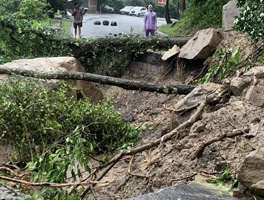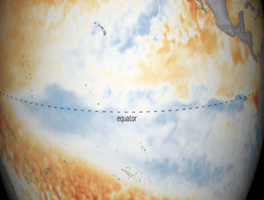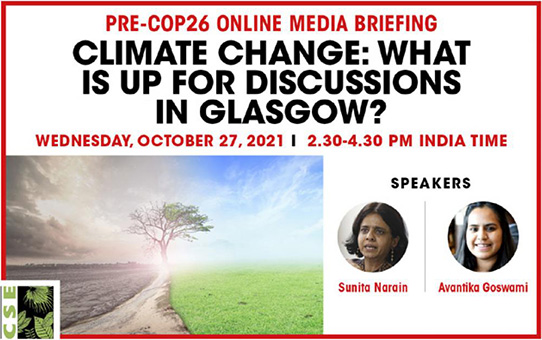 |
Dear readers,
September 2021 was the hottest month this year and the fifth warmest in 142 years – a sign that climate change is real. Record breaking rainfall in Uttarakhand and extreme weather events in Kerala are ways in which its impacts are being felt.
Yet, countries are planning to increase fossil fuel production, according to UNEP, despite them being a leading cause for global warming. UNEP’s new report also finds that ‘net zero’ pledges made by countries amount to empty promises.
The continent of Africa is one of the most vulnerable to drought exposure, and its needs must be addressed in the upcoming COP 26 conference.
To catch up with the key themes to be discussed at COP 26, journalists are invited to a Pre-COP 26 Online Media Briefing, by the Centre for Science and Environment on October 27th.
|
|
 |
| |
 |
|
| |
| EXTREME WEATHER TRACKER |
| |
Climate change is real: Uttarakhand rains break all-time records, 19 October 2021
|
 |
 |
|
|
| |
 |
|
| |
 |
 |
‘Double-dip’: La Nina has formed for second year in a row, says NOAA, 19 October 2021
|
|
|
| |
 |
|
| |
|
|
| |
 |
|
| |
|
|
| |
 |
|
| |
|
|
| |
|
|
| |
|
|
| |
 |
|
| |
|
|
| |
 |
|
| |
|
|
| |
|
|
| |
|
|
| |
|
|
| |
|
|
| |
 |
|
| |
CLIMATE NEWS | SCIENCE| IMPACTS| POLITICS |
|
| |
 |
|
| |
|
|
| |
 |
|
| |
|
|
| |
 |
|
| |
|
|
| |
 |
|
| |
|
|
| |
 |
|
| |
|
|
| |
 |
|
| |
Event |
|
| |
|
|
| |

|
|
| |
|
|